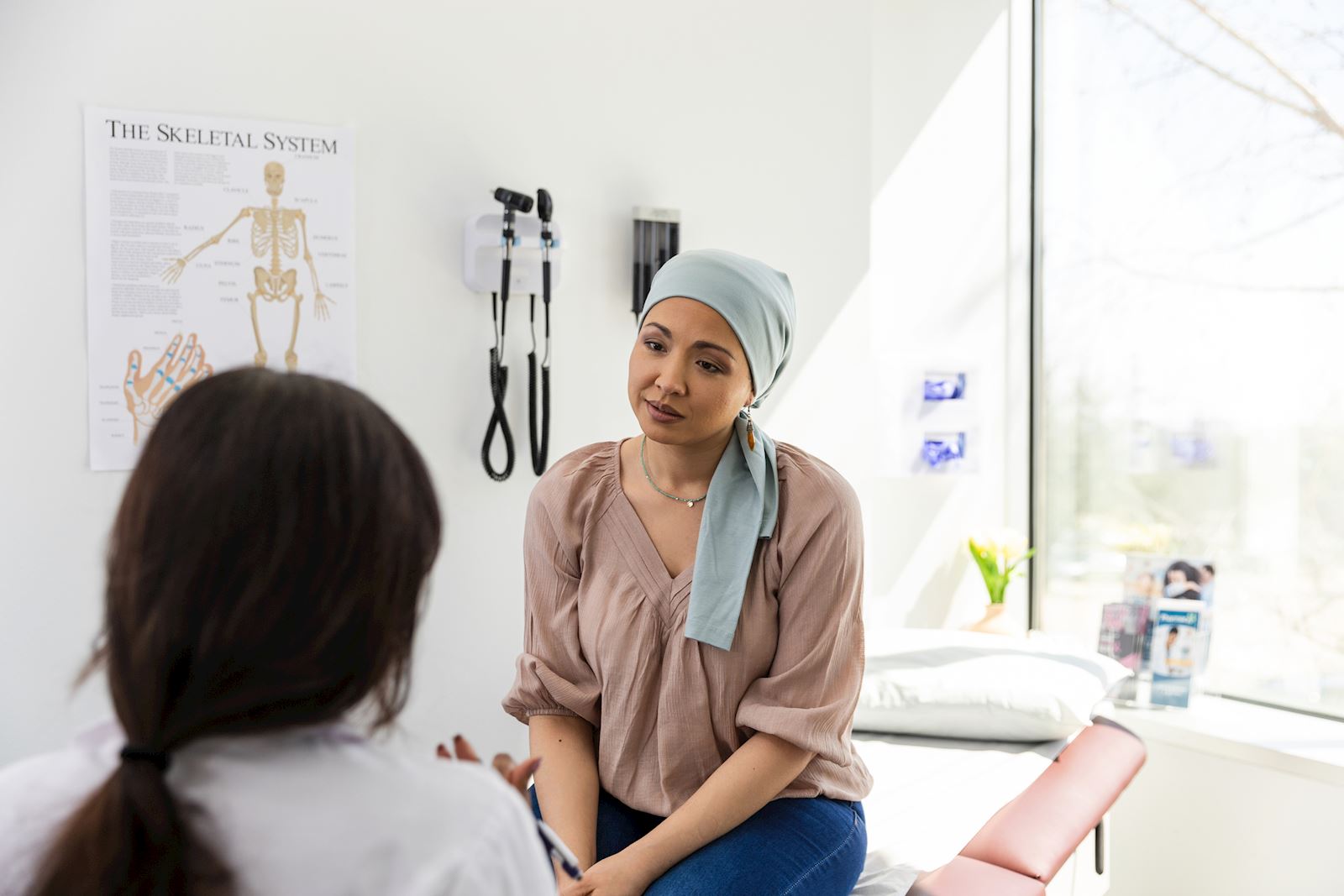Being diagnosed with cancer is overwhelming, but knowing the right questions to ask your oncologist can help you feel more in control. Whether it’s your first visit or a follow-up, asking thoughtful questions gives you a clearer understanding of your diagnosis, treatment plan, and next steps.
Here are 10 essential questions to ask your oncologist at your first appointment and beyond.
1. What type of cancer do I have, and where is it located?
Start with the basics. Knowing the specific name, stage, and location of the cancer will help guide all other decisions.
2. Has the cancer spread, and what stage is it?
Staging determines how advanced the cancer is and whether it has spread to other parts of your body. This will help shape your treatment plan.
3. What are my treatment options?
There’s no one-size fits all approach to cancer care. Depending on your diagnosis, your oncologist may recommend surgery, chemotherapy, radiation, immunotherapy, targeted therapy, or a combination. Ask about the pros and cons of each option and why one is preferred over the other.
4. What are the goals of treatment?
Some treatments aim to cure cancer, while others focus on shrinking tumors, managing symptoms, or improving quality of life. Ask whether your cancer treatment is curative, preventative, or palliative, and what success looks like in your specific case.
5. What side effects should I expect – and how can I manage them?
Cancer treatments can affect your body in different ways. Some people experience fatigue, nausea, hair loss, or immune suppression, while others have minimal symptoms. Ask which side effects are most common for your treatment plan, how severe they might be, and what can be done to relieve them.
6. How will treatment affect my daily life?
It’s important to know how treatment may impact your ability to work, exercise, travel, or care for loved ones. Ask about the unexpected treatment schedule, how you might feel physically and emotionally, and whether you’ll need extra support at home or work.
7. Who will be involved in my care team?
Cancer treatment often involves a multidisciplinary team – including your oncologist, surgeons, radiologists, nurses, and more. Ask who will be involved in your care, how often you’ll see each provider, and how your team will work together to coordinate treatment. Knowing who’s on your side can help you feel more supported and informed throughout the process.
8. Are there clinical trials I might qualify for?
Clinical trials test new treatments and may offer access to innovative therapies not yet widely available. Ask if you’re eligible for any current trials, and what the risks and benefits might be. Participating in research may be a good fit for certain diagnoses or stages of cancer.
9. What support resources are available to me and my family?
Cancer care goes beyond medicine. Ask your oncologist about nutrition counseling, mental health support, social work services, or cancer support groups. These resources can help you and your loved ones cope with the emotional and practical challenges of a cancer diagnosis.
10. How can I reach you if I have more questions later?
You don’t need to remember everything in one visit. With the FollowMyHealth patient portal, you can securely communicate with your care team for any follow-up questions or guidance.
Feeling prepared can make a big difference.
When you’re facing cancer, every question matters. Having a clear list of questions to ask your oncologist ensures you get the information you need to make confident decisions about your care. Don’t hesitate to write questions down, take notes during your visit, or bring someone with you for support.
Why choose The Iowa Clinic for my cancer care?
When choosing a cancer care team, it’s important to know what sets them apart. At The Iowa Clinic, our experienced oncology team takes a collaborative, multidisciplinary approach – meaning your care is guided by input from multiple specialists who work together to develop the best treatment plan for you. We take the time to answer your questions, explain your options, and provide care that’s as personal as it is advanced.
Learn more about our cancer services or schedule a consultation today by calling 515.875.9850.
